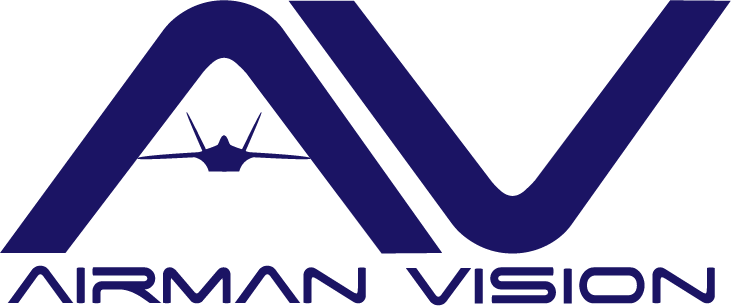1A8X1 - Airborne Cryptologic Language Analyst
1A8X1 - Airborne Cryptologic Language Analyst
Video on this job coming soon
Airborne Cryptologic Language Analyst Information
ASVAB Requirement:
General 72
Strength Requirement:
40 lbs
Average Indoor/Outdoor work conditions:
80% Indoor / 20% Outdoor
Average Hours Worked:
40-50
Possibility of working weekends:
Yes
Deployment Tempo/Rate (Low, Medium, High)
High
Technical Training Length:
224 - 459 Classroom Days
Technical School Location:
Lackland AFB, TX
Monterey, CA
Goodfellow AFB, TX
Known Duty Stations Available to New Airmen:
(we’re working on getting this information)
Community College of the Air Force Degree:
Intelligence Studies and Technology
Airmen describing Airborne Cryptologic Language Analyst
Airborne Cryptologic Language Analysts (ACLA) in the Air Force are responsible for analyzing foreign language communications in support of national security and military operations while in the air. They use advanced technology and techniques to collect, process, and analyze foreign language communications in order to extract information of intelligence value while the aircraft is in flight. This may include intercepting and transcribing voice and text communications, translating written materials, and analyzing and interpreting spoken and written language. They also use computer-assisted translation tools and other advanced technologies to aid in their analysis. ACLA may specialize in specific languages and regions, and may be called upon to provide expert analysis in support of military operations, counterintelligence efforts, and other national security-related activities. They may also provide language training to other military personnel, and create and maintain language-related databases.
A typical day for an ACLA member may involve:
Operating advanced equipment and systems to collect and analyze foreign language communications while in-flight
Collaborating with other military personnel to plan and execute surveillance and reconnaissance missions
Analyzing and interpreting data gathered by these systems to identify potential threats or areas of interest
Communicating with other aircraft and ground-based personnel to share information and coordinate actions
Participating in training, drills, and exercises to maintain and improve skills in ISR and language analysis
Providing guidance and training to other Air Force personnel on ACLA best practices and procedures
Participating in classified and unclassified meetings with other ACLA team members and other agencies
Participating in military operations, including surveillance, reconnaissance and intelligence gathering
It's important to note that depending on the specific role, a typical day may also include different responsibilities. ACLA are responsible for the collection, processing, and analysis of foreign language communications in support of national security and military operations while in the air, and work closely with other military personnel to plan and execute surveillance and reconnaissance missions. They use advanced technology and techniques to extract information of intelligence value and are capable of operating in remote,
